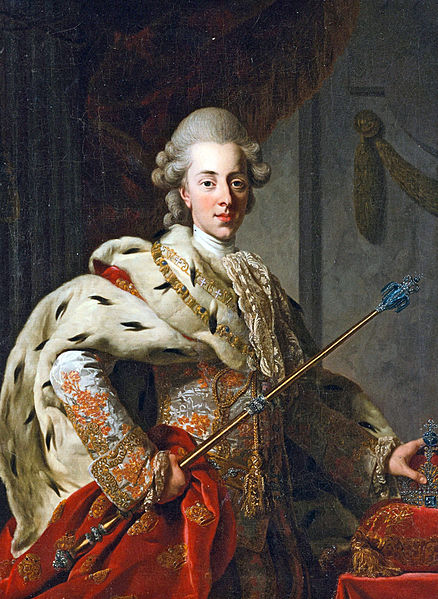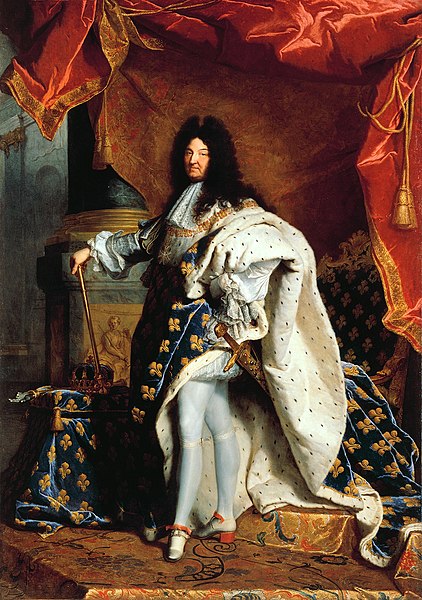Enlightened absolutism, also called enlightened despotism, refers to the conduct and policies of European absolute monarchs during the 18th and early 19th centuries who were influenced by the ideas of the Enlightenment, espousing them to enhance their power. The concept originated during the Enlightenment period in the 18th and into the early 19th centuries. An enlightened absolutist is a non-democratic or authoritarian leader who exercises their political power based upon the principles of the Enlightenment. Enlightened monarchs distinguished themselves from ordinary rulers by claiming to rule for their subjects' well-being. John Stuart Mill stated that despotism is a legitimate mode of government in dealing with barbarians, provided the end be their improvement.
Peter I of Russia (1682–1725)
Catherine II of Russia
Charles III of Spain
Christian VII of Denmark
Absolute monarchy is a form of monarchy in which the sovereign is the sole source of political power, unconstrained by constitutions, legislatures or other checks on their authority.
Louis XIV of France
King Frederick II of Prussia, "the Great"
Photograph of Tsar Alexander II, 1878–81
Image: Salman of Saudi Arabia 2020 (49563590728) (cropped)








